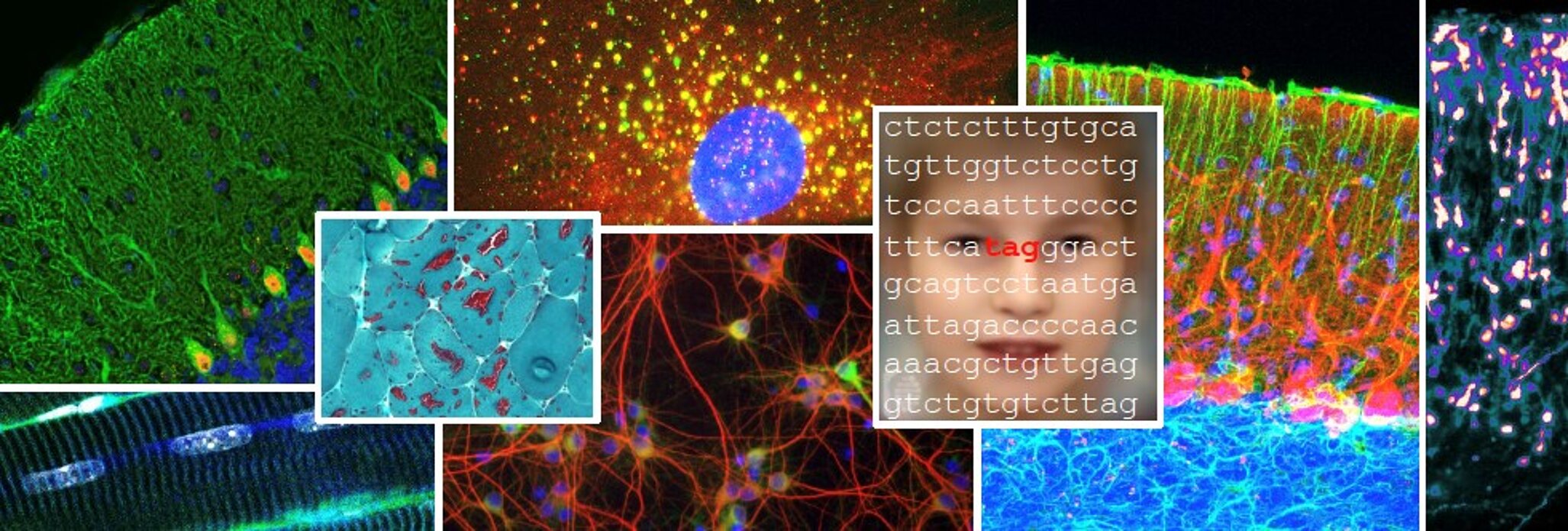RNA Diseases
Team Leader : Nicolas CHARLET BERGUERAND

DEPARTMENT HEAD
Research goals of the department of Translational Medicine and Neurogenetics are to identify the genetic causes, understand the pathophysiological mechanisms and develop innovative therapeutic strategies for neurodevelopmental, neuromuscular and neurodegenerative genetic diseases. A major strength of the TMN department is its integrated approach, which covers exploration of pathophysiological mechanisms from their genetic and molecular levels to animal physiology. Another strength is its translational approach, from the identification of novel genes and mutations implicated in diseases to the development of diagnostic tools and therapeutic strategies. Major research activities of the department comprise:
These integrated and translational approaches allow the functional characterization of genetic mutations affecting neurons and muscle from the molecular and cellular levels to the whole living organism.
Overall, during the last past ten years, research teams of the TMN department have participated to the identification of 44 novel disease-causing genes, contributed to >500 publications (>15 000 citations), 14 patents and licenses and to the creation of 2 start-up (AAVLife / Annapurna Therapeutics; Dynacure) dedicated to the development of innovative therapeutic strategies.
Team Leader : Nicolas CHARLET BERGUERAND
Team Leader : Jocelyn LAPORTE
Subgroup Leader : Valérie BIANCALANA
Subgroup Leader : Jocelyn LAPORTE